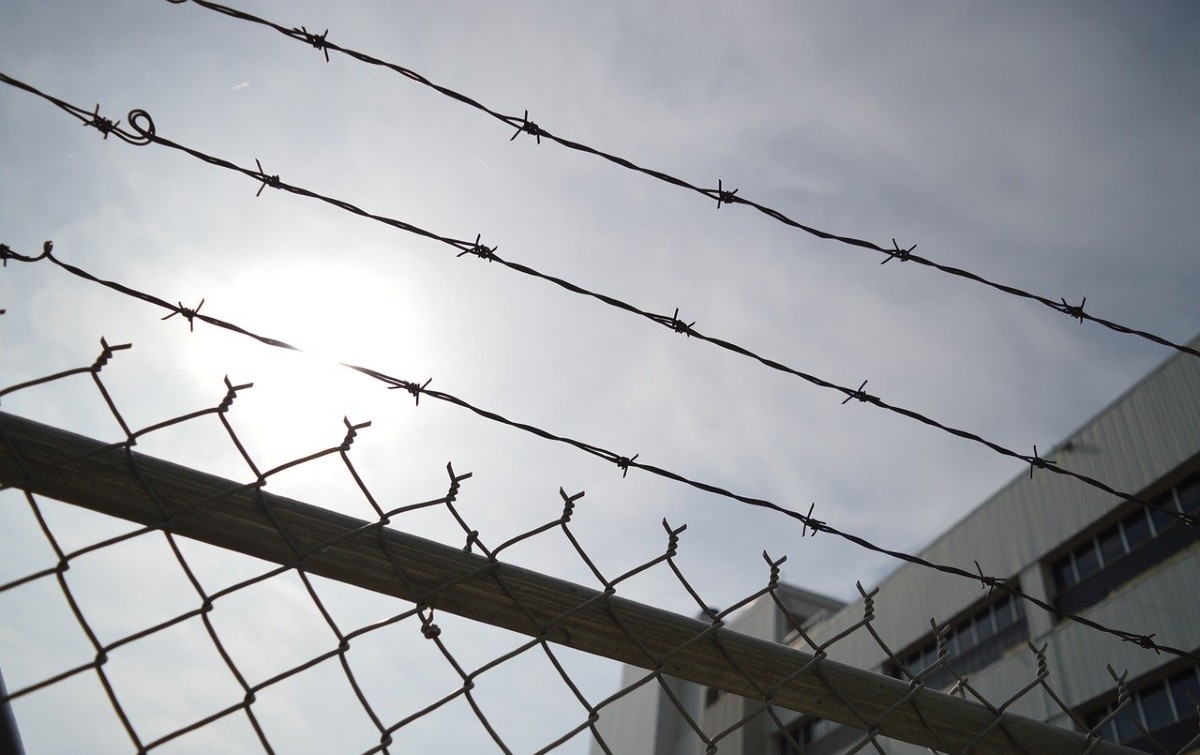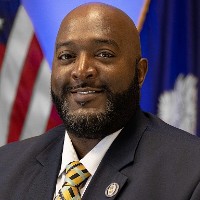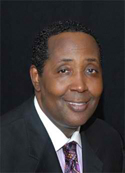
By Lindsay Street, Statehouse correspondent | A Feb. 5 federal report sought to make South Carolina’s child offender complex safer. But its director said it had the opposite effect as guards became wary to isolate unruly juveniles who, in turn, started intimidating and assaulting guards.
“(Youths) thought it was OK to be disruptive and violent because nothing is going to happen because staff took it upon themselves to interpret the (U.S. Department of Justice) letter,” said Freddie Pough, who joined the agency as director in 2017 after a widely perceived leadership failure. Now after several recent, violent incidents, state lawmakers again are looking at the agency’s leadership.

Pough said the DOJ report had an “adverse reaction” in making the facility less safe. The report criticized the agency’s use of isolation for youths housed at its Broad River Road Complex in Columbia. Staff became hesitant in using isolation to curb violent behavior, the director said.
“My communication has always been: we must use isolation properly,” he said.
With guards and children perceiving the complex to be less safe in recent months, some staff members reached out to state senators for help.
“I’m concerned about the people out there,” said Lexington Republican Sen. Katrina Shealy. “I’m concerned kids aren’t getting what they need. We’re not rehabilitating a soul out there.”
She and some Democratic colleagues are seeking an off-session committee to address reforms there.
Hopkins Democratic Sen. Darrell Jackson echoed Shealy’s concern.
“What we don’t want to happen is we wake up one morning and something really horrible has happened at DJJ,” Jackson said.
On proper protocols to curb violence
Pough said he began staff meetings May 15 to explain proper protocols to help quell the violence evident in two incidents on May 13 and April 5 he confirmed at the facility. He stopped short of calling them the “only such” incidents.
A May 13 incident report shows two juveniles allegedly targeted a guard in a living area. They reportedly, repeatedly punched him and pushed him to the ground as he tried to flee. According to the report, a responding guard was also punched in the face.
A video of surveillance dated April 5 shows juveniles trashing a living area at the complex, smashing a toilet and throwing chairs. Voices, apparently staff members, are heard on the video asking for more people to help resolve the situation.
“These kids are out of control because they know nothing ain’t going to happen,” a person says on the video.
Pough said the situation resolved peacefully once guards entered the living area, an event not shown on the video.
Complex ‘fails to protect youth from violence’
The Feb. 5 federal report showed “reasonable cause to believe” the complex “fails to protect youth from violence” and found “failure to train staff.”
 The Broad River Road Complex is located on 540 acres in Columbia. It houses about 100 juveniles who are 17 years old and younger. In the last two years, its staff numbers have declined 27 percent, according to the DOJ report.
The Broad River Road Complex is located on 540 acres in Columbia. It houses about 100 juveniles who are 17 years old and younger. In the last two years, its staff numbers have declined 27 percent, according to the DOJ report.
From July 2018 to May 2019, youth fights and assaults occurred, on average, on two out of every three days. A child was injured every third day on average at the facility, according to the DOJ analysis of agency data.
Most of the youths there were sentenced for nonviolent offenses, such as violating parole, the report states. Pough said, to the contrary, that the complex houses some of “the most violent youth in the state at one location” along with the state’s mentally-ill child offenders, who have no other place to go.
Claims of improper use of isolation and unsafe conditions for children at the complex prompted the investigation. The report gave DJJ 49 days — until March 25 — to make remedial steps toward addressing problems. Measures included eliminating the use of isolation for minor misbehavior, providing staff with better de-escalation techniques and bringing mental health care to those that need it most.
Four weeks after the report, Pough said Gov. Henry McMaster toured the facility where changes were already underway. But Jackson and Shealy said they have seen little evidence of changes, and McMaster’s office did not respond to a request seeking comment.
When asked if staff and children were safe at the facility, Pough responded:
“Are they safe? I’d like to think we are doing all that we can to keep them safe but I also feel there are improvements that we can make.”
Changes underway
Pough became acting director after the 2017 resignation of Sylvia Murray, who started serving as director in 201504. Following the death of a child at one of the department’s wilderness camps, a 2017 legislative audit outlined several problems, including the agency’s inability to prevent riots at its Columbia complex.
After beginning his law enforcement career at the agency and working for state police, Pough returned to DJJ in 2016. Confirmed by the state Senate as director in April 2018, Pough said he has worked to streamline administration and refocus the agency from punitive to rehabilitative. One of the cornerstones of his tenure has been an effort to keep offenders near their communities at regional centers. He said this not only keeps dangerous children from amassing in one location, but also helps keep children tied to their communities and families.
Pough said some of the efforts to comply with the 2020 DOJ report will take money from lawmakers for facility improvements, but he said his agency is already working toward a housing unit for children with mental illness. DJJ also is in the process of hiring a psychologist to help with treatment, he said.
Pough said the agency continues to face a staffing shortage — something he said dates back to when he first started as a juvenile corrections officer in 2000. DJJ spokesman Jarid Munsch said federal law mandates a ratio of one guard to every eight inmates, a mandate unmet by the agency currently.
“We are working to get into compliance,” Munsch said.
This month, DJJ rolled out a recruitment effort, offering bonuses to new hires and to employees who make hiring referrals, Pough said.
‘We’re going to try to change the system’
Shealy has asked Senate leaders for further investigation of the agency. It’s a move akin to how the legislative body reformed another beleaguered agency, the S.C. Department of Social Services, accused of putting children in danger in 2013.


“Sometimes you have to sit back and look at what’s happening and know it’s not the right thing. You don’t have riots every couple weeks and tell me that’s the right thing,” Shealy said. “We’re going to try to change the system whether they like it or not.”
Her concern was shared by S.C. State Employees Association Executive Director Carlton Washington.
“Any time you are dealing with children you have to execute every option to make sure they are safe and that they get what they need and, secondly, the other critical area is making sure staff has what it needs any potential issues,” Washington said.
Shealy said there will be committee work done over the summer and before the 2021-2022 session.
Senators have been working on juvenile justice reform in the wake of raising the age of a legal adult from 17 to 18, but work ended when the session all-but-ended mid-March with the coronavirus pandemic. Pough said Senate Bill 1018, aimed at keeping youths in their communities and gaining better access to mental health, could help address problems experienced at the Broad River Road Complex.
“There’s a lot of young people in our care that shouldn’t be,” he said.
- Have a comment? Send to: feedback@statehousereport.com















 We Can Do Better, South Carolina!
We Can Do Better, South Carolina!
Pingback: Charleston Currents – NEW for 6/1: On protests, Bobby Kennedy, free parking
Pingback: Charleston Currents – NEWS BRIEFS: Free parking downtown after 6 p.m.